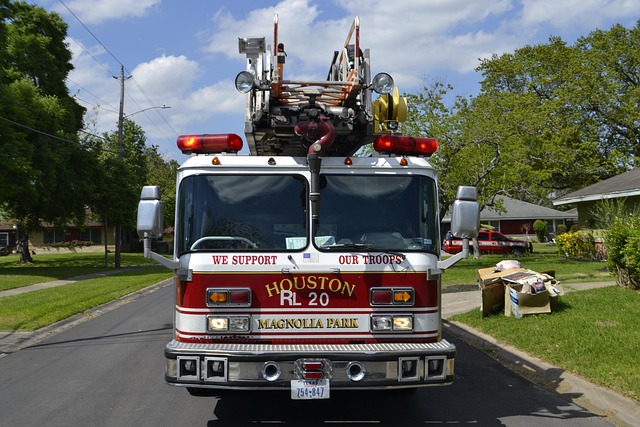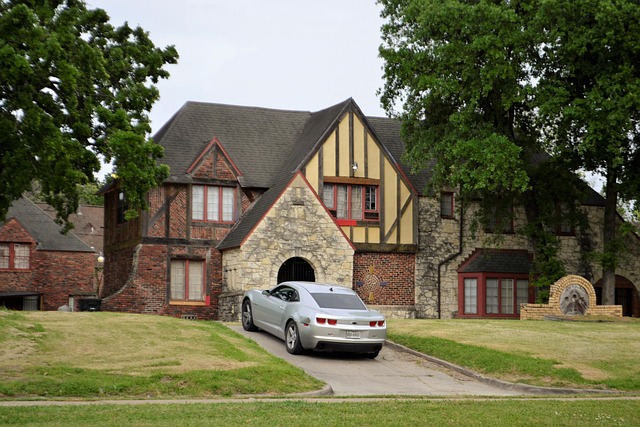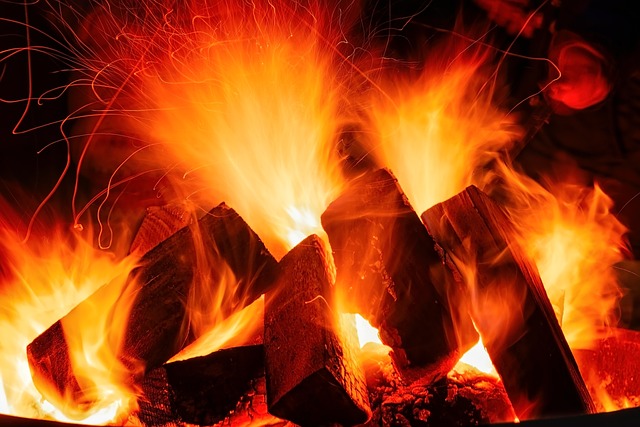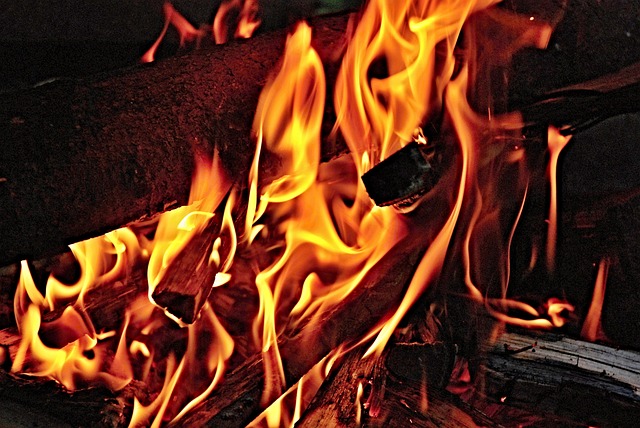Homeowners in Houston facing post-fire property sales must navigate complex processes, including specialized assessments and transparent transactions. A thorough home inspection is crucial for understanding fire damage extent, influencing sale pricing and buyer decisions. Insurance appraisals play a significant role in settlement offers, impacting financial obligations and selling decisions. To successfully sell a damaged home in the Houston market, prioritize repairs, strategically market undamaged features, and engage professionals for accurate cost estimates.
After a fire, property valuation in Houston becomes a complex process. This article guides you through the intricacies of post-fire assessments, offering insights into understanding local market dynamics and navigating the challenges unique to Houston’s real estate scene. From identifying fire damage indicators during inspections to the insurance company’s role and effective strategies for selling a home with fire damage, this comprehensive overview is tailored for Houston homeowners.
- Understanding Post-Fire Property Valuation in Houston
- Assessing Fire Damage: What to Look For in a Home Inspection
- The Role of Insurance in the Post-Fire Property Valuation Process
- Strategies for Selling a Home with Fire Damage in Houston's Real Estate Market
Understanding Post-Fire Property Valuation in Houston

After a fire, homeowners in Houston often face the daunting task of understanding how to navigate the process of selling their property. Post-fire property valuation is a critical step that requires specialized knowledge and expertise. In this context, it’s essential to recognize that fire damage can significantly impact a home’s worth, affecting its overall market value.
Houston’s real estate landscape introduces unique considerations when dealing with fire-damaged properties. The city’s diverse neighborhoods and varying property values must be taken into account during the valuation process. Homeowners should consult professionals who have experience in assessing post-fire losses and know how to accurately determine the selling price, ensuring a fair transaction for all parties involved.
Assessing Fire Damage: What to Look For in a Home Inspection

When assessing fire damage in a property, particularly in the context of selling a home with fire damage Houston, a thorough home inspection is paramount. Look for visible signs such as charred walls, ceilings, and floors, as well as melted or warped woodwork and metal. Check for smoke stains on ceilings, walls, and fixtures, which can indicate the extent of smoke exposure. Inspect electrical wiring and plumbing for any damage; exposed or damaged components may require immediate replacement. Pay close attention to structural elements like beams, columns, and foundations, as these are critical for safety and can bear significant scars from fire.
During the inspection, note any missing or damaged appliances, cabinets, and fixtures. Assess the condition of the roof, looking for missing shingles, signs of water damage, or structural weakness. Pay special attention to areas where fire could have spread, such as attics, crawl spaces, and enclosed spaces behind walls. Keep in mind that even if the exterior appears relatively unscathed, internal damage from smoke and heat can be extensive. A professional home inspector will document these findings, providing a clear picture of the property’s condition, which is crucial for both buyers and sellers when navigating the complexities of selling a home with fire damage in Houston.
The Role of Insurance in the Post-Fire Property Valuation Process

After a fire, property owners in Houston often face the challenging task of selling their damaged homes. In this process, insurance plays a pivotal role in post-fire property valuation. Insurance providers conduct thorough assessments to determine the cost of repairs and replacement, which becomes the basis for settlement offers. This evaluation is crucial as it dictates the financial burden on both the policyholder and insurer, influencing decisions about reconstruction or selling the property as-is.
For homeowners looking to sell with fire damage Houston, understanding this process is essential. Insurance appraisals can impact the final sale price, affecting the buyer’s decision to purchase a home requiring repairs. Therefore, being well-informed about insurance policies and their role in valuation is a vital step for anyone navigating the complexities of selling a home with fire damage in Houston.
Strategies for Selling a Home with Fire Damage in Houston's Real Estate Market

When it comes to selling a home with fire damage in Houston’s competitive real estate market, a strategic approach is essential. The first step is to thoroughly assess the extent of the damage and prioritize repairs based on their impact on the property’s value and safety. Engage professionals who can provide an accurate estimate for repairs, helping you set a realistic listing price that accounts for the costs involved.
Marketing your home effectively becomes crucial in this scenario. Highlight the unique aspects of your property that remain undamaged, focusing on features that appeal to Houston buyers. Professional photography and detailed listings that showcase both the good and the work needed can attract interested parties who understand the potential beyond the immediate damage.
Post-fire property valuation in Houston requires a comprehensive understanding of both the damage incurred and the local real estate market. By thoroughly assessing fire damage during inspections, utilizing insurance appraisals, and employing strategic marketing techniques, homeowners can successfully navigate the process of selling a home with fire damage in the competitive Houston real estate market. These steps ensure a fair and accurate valuation, ultimately facilitating a smooth transition for both sellers and buyers.






